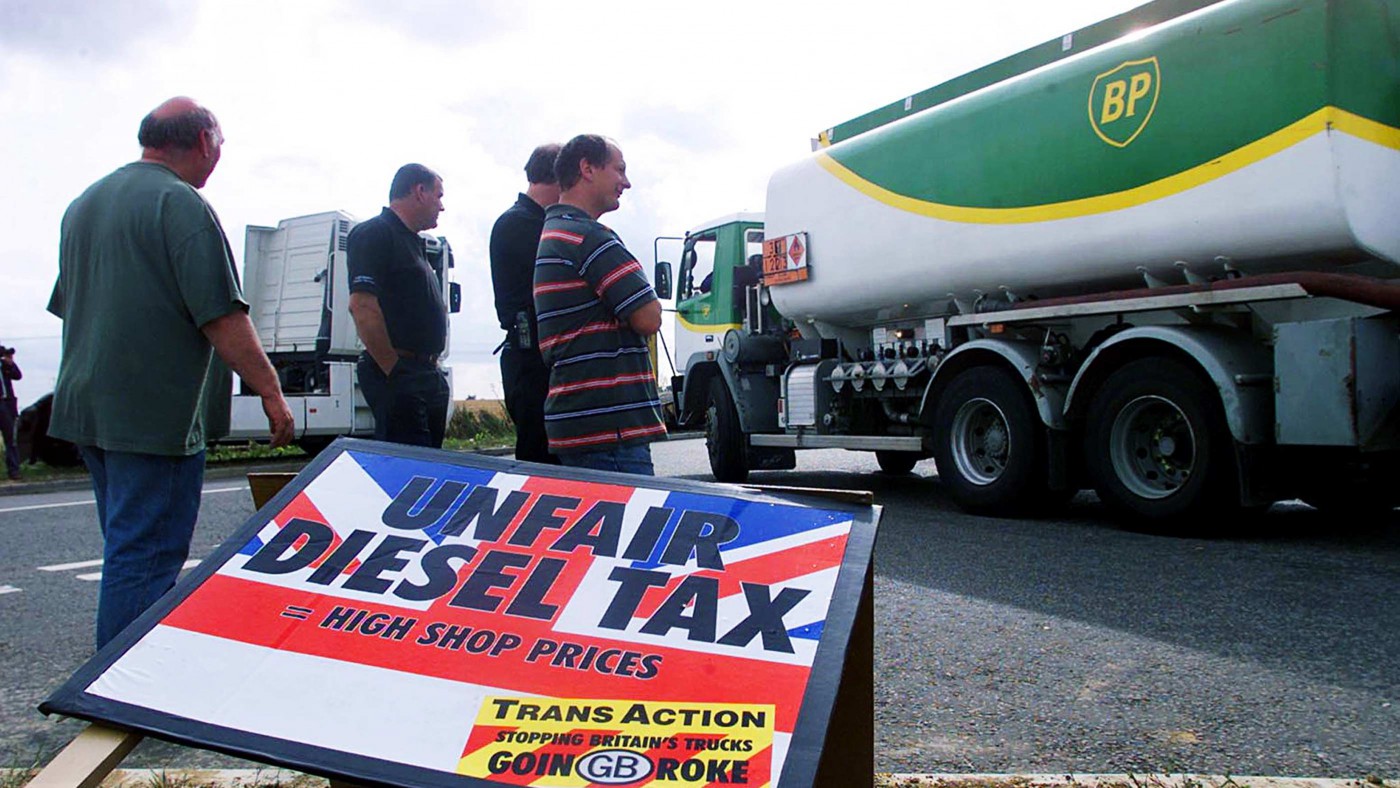Companies do not pay taxes. Not a penny. It’s not because they won’t but because they can’t. Only people can pay tax. Had you been around at the time of the window tax, you would not have naively assumed that the casements themselves would spring to life and send off their due to the authorities. If a mansion tax materialises, you do not expect that there will be great groaning of bricks as tax day comes round and they prepare their cheque for HMRC. Only people can pay these charges. The mansion tax will serve only to identify the supposedly rich householder.
Companies allocate tax payments, like any other overhead, as between their customers, their employees and their shareholders – actual people – and they will all feel the result in different ways. Customers will have to pay through VAT or fuel duty or some such charge. Employees will have the money taken from the payroll, and shareholders will have the money taken out of their dividends. To put it another way: when a motorist fills his tank, he is just one of millions paying every conceivable overhead incurred by, say, BP – its payroll, its bank charges, its insurance charges, its shareholders dividends, the chairman’s hefty pension, and yes of course its bill for corporation tax. Argue if you wish about which part of the company’s overheads should be allocated to whom. But we, the people, pay the lot, every last penny. The company is at most just a tax collecting agency.
Of course, when it comes to corporation tax, every business’s accountant will seek out any domain which minimises this variable charge. You may well find, to your surprise that its headquarters are in a place which you can only track down with an atlas. The company’s bean counters will also shop around to find the cheapest lenders, the least costly insurers, lawyers who don’t cost the earth and so on. It is all part of their job: minimising the overheads which are paid by customers, staff, sub-contractors and shareholders.
Yet we must concede that corporation tax does meet rule 1(a) of the political test. It has those who actually pay all this tax believing that the burden falls on someone else. This is always useful. ‘Corporate profits are rising and so I have decided to raise corporation tax’ – that sounds like a normal enough piece of a Chancellor’s rhetoric, doesn’t it? ‘Yeah, yeah, make those big companies pay,’ come the cries of support, ‘make them fund the extra money for the NHS’. Alas, poor benighted protestors, it is not these companies, however large, but you who will pay and no amount of grumbling will prevent it. It is no good hurrying off to find a more left-wing political party. There is little understanding of the process there. Indeed, we have to wonder which politicians understand how the process works. There are some, regardless of party, who understand the elementary economic verities, but what they all have in common is that they believe all money channelled through Whitehall is money well-used. The Tories seek more for defence; both parties promise more for the NHS (more wisely spent of course), and Labour specialises in ‘disadvantaged’ citizens. Both parties believe that the man in Whitehall knows best. The important thing is to ensure that they come to power and control Whitehall.
Of course it will be said that only a fool will allow himself to be bribed with his own money. But if the saying is true, there are many foolish people around. According to the National Office for Statistics those in the bottom 20 per cent of income earners – which includes just about everyone living on state benefits – pay between 35 and 40 per cent of their income in tax. These people are in or near the poverty line, cry the do-gooders in both parties. Yet all our masters can think of doing is raising taxes which the human beings in that bottom quintile will have to help the government find. On and on rolls the great merry-go-round, sanctified by the belief that the man-in-the-street from whichever quintile runs the show.
If people could be convinced that they and only they alone pay every last penny for the system – not the institutions, and not the corporations – perhaps some sense will follow. But only perhaps.


